 Seth Harwood‘s career and influence as a Crime Fiction creator continues to expand (we talk about that a bit during the opening segment) so we’re double delighted that he made the time to help us on this Workshop Episode. This week we’re joined by a multifaceted creator of wonders both audio and literary, David Sobkowiak, who brings a fascinating mashup of no less than FOUR genres into a single story. The idea makes for some dazzling dialog around the table! (and check out Seth’s Showcase Episode for even more literary gold)
Seth Harwood‘s career and influence as a Crime Fiction creator continues to expand (we talk about that a bit during the opening segment) so we’re double delighted that he made the time to help us on this Workshop Episode. This week we’re joined by a multifaceted creator of wonders both audio and literary, David Sobkowiak, who brings a fascinating mashup of no less than FOUR genres into a single story. The idea makes for some dazzling dialog around the table! (and check out Seth’s Showcase Episode for even more literary gold)
PROMO: The Starship Sofa Podcast
Workshop Episode 19 (Guest Host: Seth Harwood)
[caution: mature language – listener discretion is advised]
Podcast: Download (Duration: 1:10:11 — 64.3MB)
Subscribe: RSS
Check out this and all our episodes on iTunes…
Seth’s World is Rockin…
- Go to Seth’s website for all the awesome details including…
- “Young Junius” has been optioned for a movie deal!
- Amazon has signed on to publish 3 of Seth’s books as part of their Thomas and Mercer line of Crime Fiction!
Upcoming Cons
- Boucher Con (Cleveland, OH) Oct 4-7, 2012
Dave Sobkowiak’s Awesomeness…
- Broken Sea Audio Productions (writing/production, voice acting)
- Self-published fiction, including
- “Woof” (on Amazon)
- “Goodnight My Love” (on Amazon)
- “The Freezer” (on Amazon)
- Co-Creator of the Scrivener’s Circle website, showcasing
- Voice and Co-Authored “Prisoners of the Alliance” for Scrivener’s Circle
- Producer for “Absolution“
- Co-Host on The Seekrit Projekt Podcast

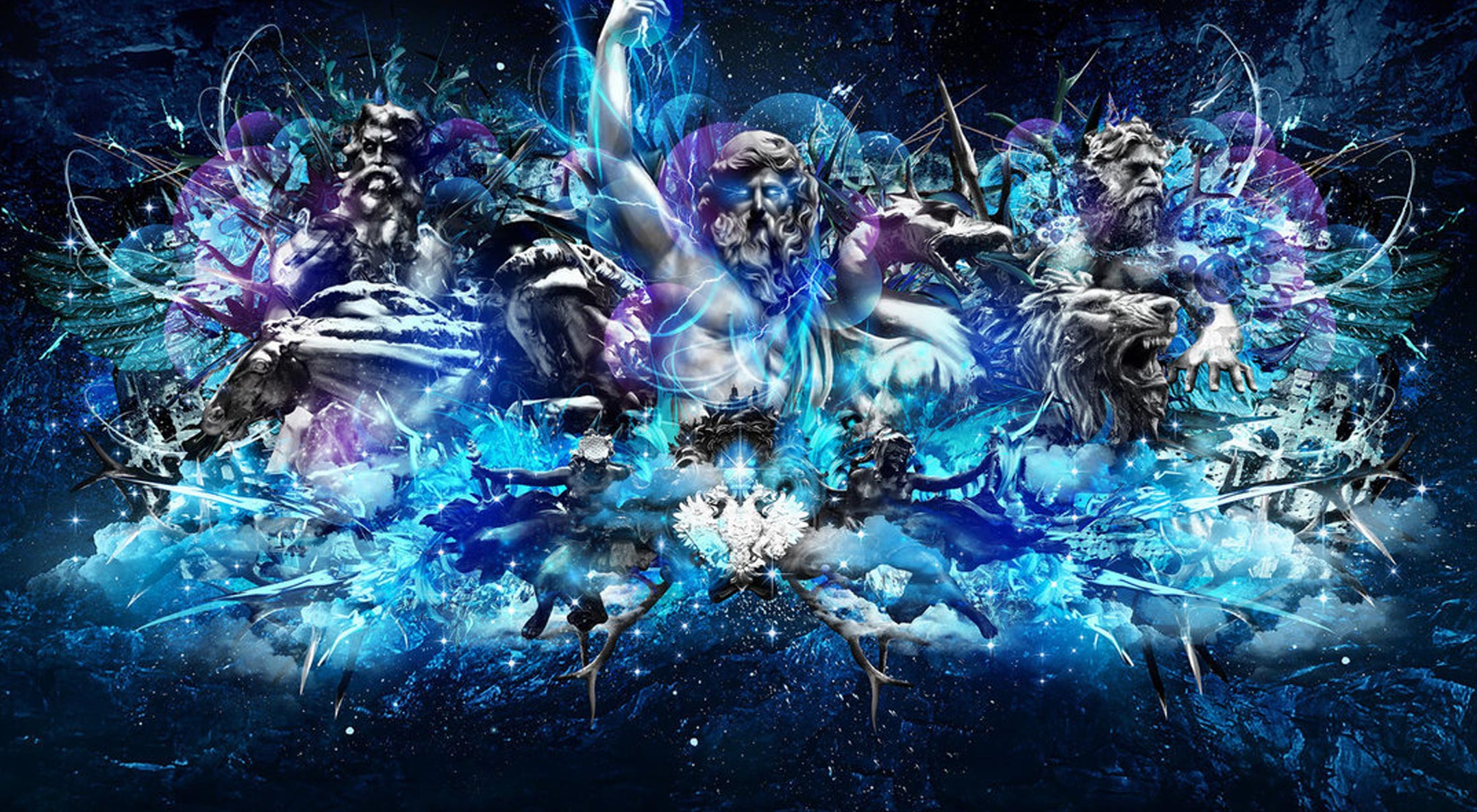
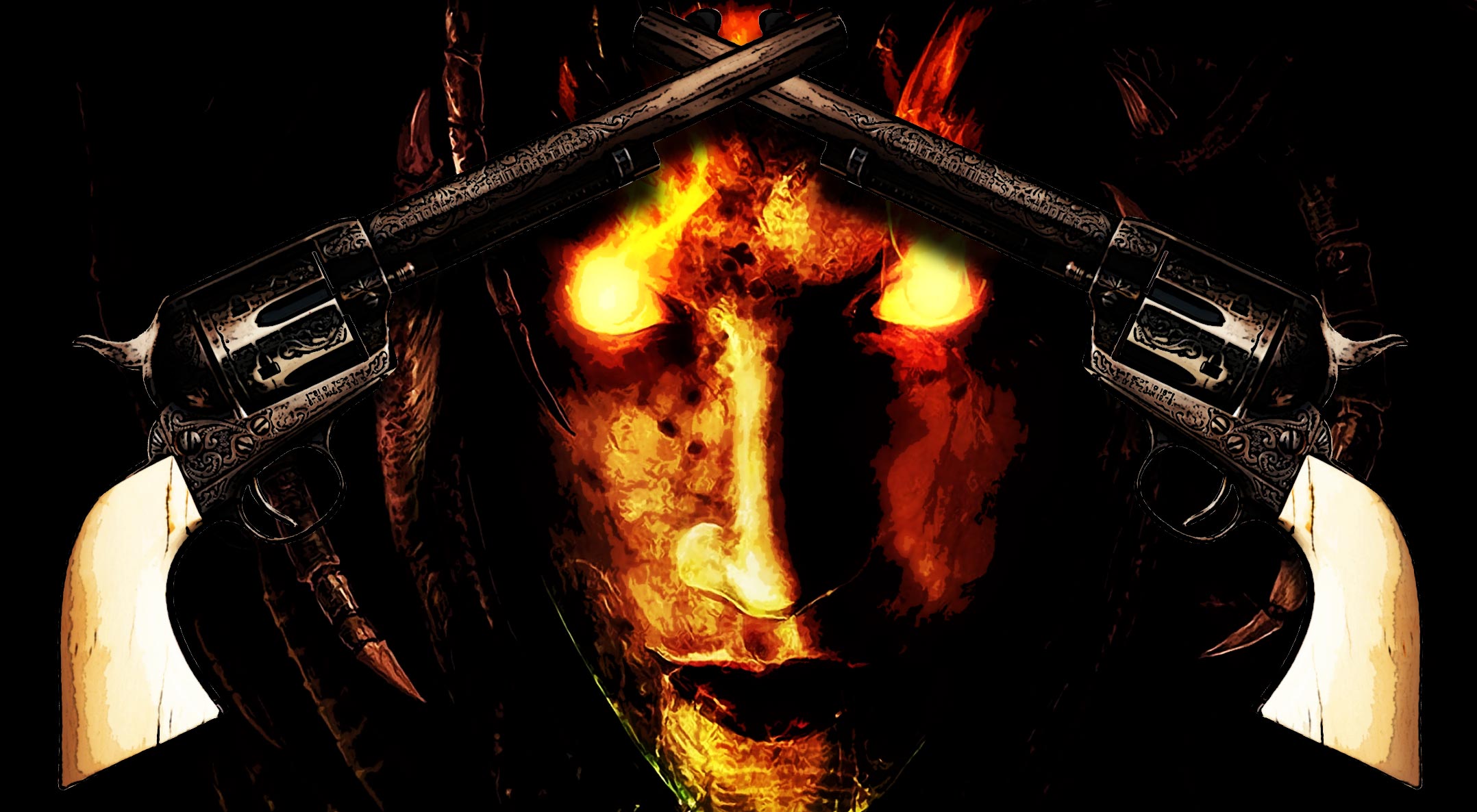
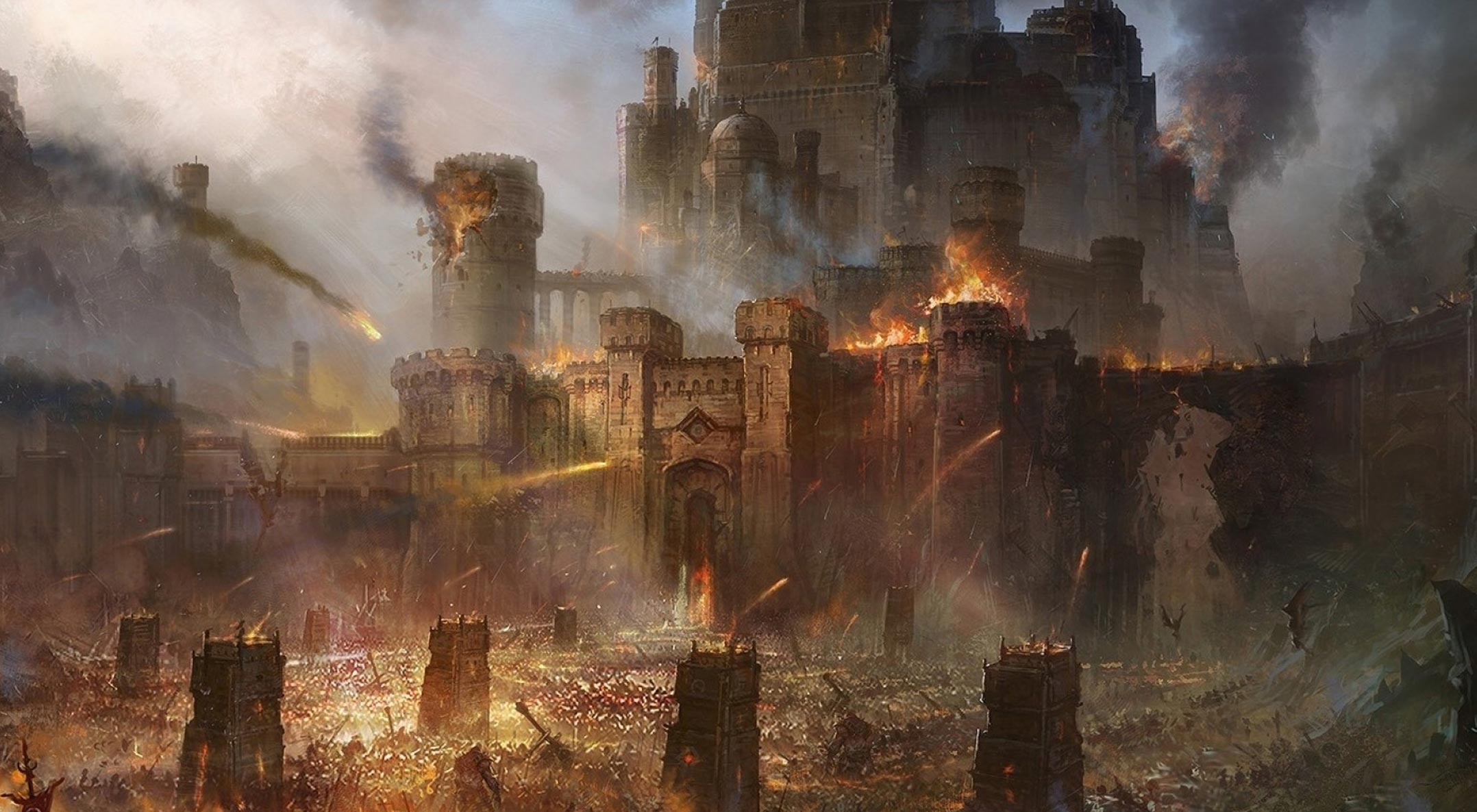
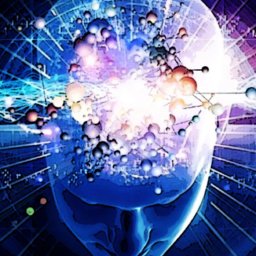
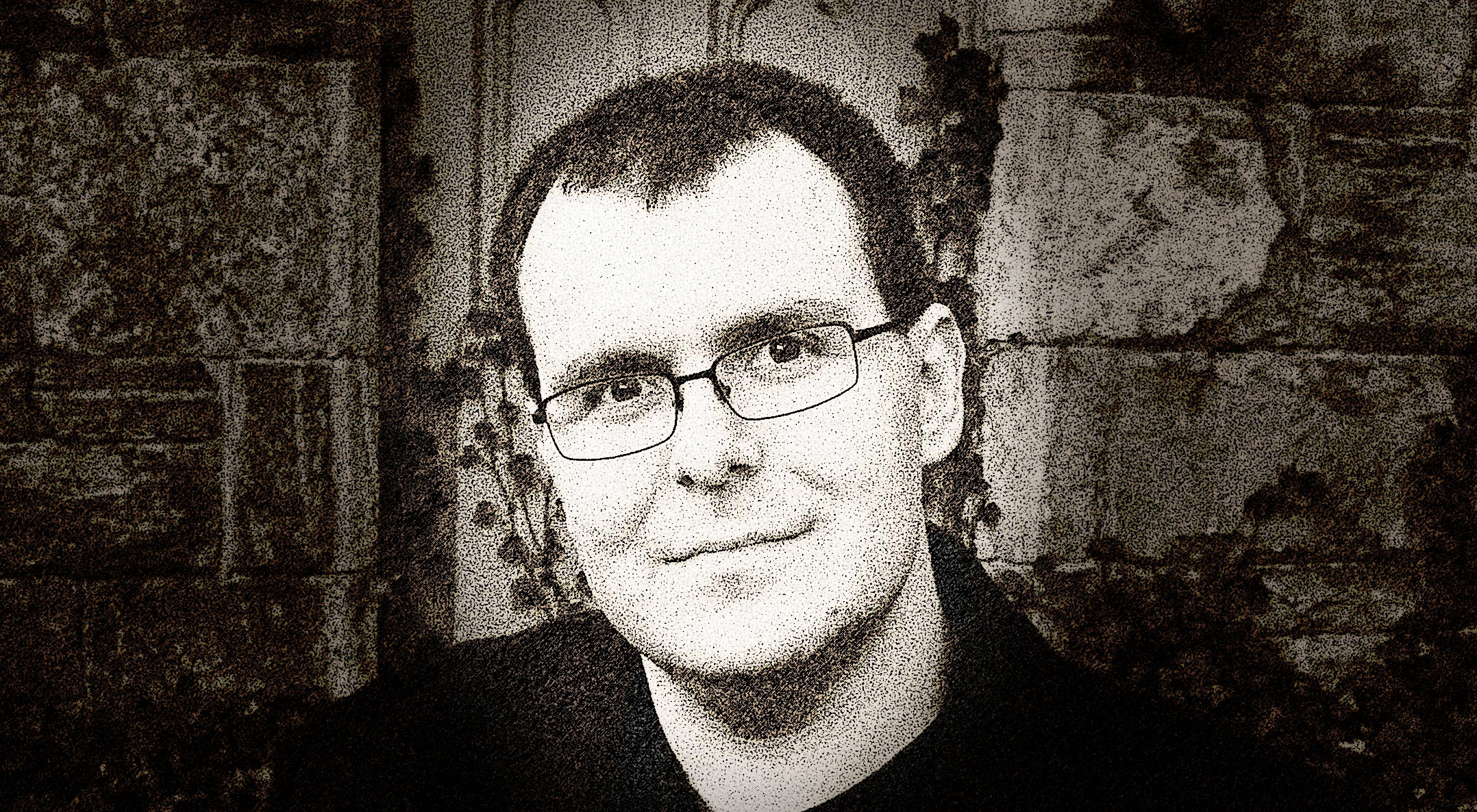
Not to rain on Mr. Sobkowiak’s parade, but this is perhaps one of the most standard video game setups ever. So common, in fact, it has it’s own page on TV Tropes.
This doesn’t mean it can’t be turned into an interesting story, but it won’t be one the audience doesn’t have some experience with. In fact one of my very favorite anime movies uses a plot very similar to yours and turns it into an incredible dissertation on life and the struggle against death.
In your case, I strongly advise thinking things through more carefully and making the world reflect the main character. It should be a mirror of him in some way, and represent a challenge he needs to overcome.
It’s too bad you don’t like the idea of the other scientists being in there with him, because the idea of the priests being the other scientists was one of the most interesting one of the discussion. After all, what do the clerics want? Order. They represent the system which is becoming corrupted trying to keep control and not letting everything slide into chaos.
Actually, another (completely possible bullsh*t) take on things would be to flip things around. The citizens of the town are dying/turning into monsters (a representation of the degredation) and the hero Issac has to work with the Clerics to fine a “cure”, which in reality is the cure the computer needs to save the system. Or perhaps he refuses to work with them, because they want to “cleanse the infected” and he seeks to find a more humane cure to this mysterious plague.
Just a thought.
As long as everything works towards a goal, it can be a good story.
Rob
Rob, I love the focus in on the idea that the world should mirror the main character given what the outcome reveal is at the end. I think a subtle but intentional treatment of this could be very powerful!
I do want to throw in my two cents regarding the commonality of the trope, and for this I open myself to ridicule… My perspective has always been that when something has been done and done again to the point of counting as a “trope,” (not yet a cliche)then the very fact that it is recognizable and comfortable with readers is what makes it worth using as a groundplan. What you do with it from that point is what distinguishes it! And I think that is one of the points you’re making: don’t fall into the trap of regurgitating what has been over done time and again, but find a way to make it fresh.
I wanted to throw this in because a lot of young writers that I teach spend too much time trying to do something purely original and in the end all they’ve accomplished is creating something that has already been done but they were never exposed to and they end up feeling like it was a wasted effort. So I say, use tropes. Use archetypes. Hell, use stereotypes! BUT, use them in a way that turns the whole thing on its head and spins it in a direction that makes us suddenly UNcomfortable.
Thanks for throwing in your thoughts! They’re greatly appreciated and insightful!
Brion
Hey Brion,
I agree. Tropes, stereotypes, cliches and archetypes are all starting points for writers to work from, and shouldn’t stand in the way of what the writer wants to do. If anything, a good writer makes extremely careful use of these very things to make their work even stronger! This is why it’s so important to be aware of what they represent in the minds of readers, because they’re the clay from which the writer can mold new works of art.
My comment wasn’t meant to be insulting, or discouraging, but to make sure Dave knows what he’s getting into. Someone during this novel’s creation is going to be pointing the nature of this trope out, so he might as well know it from the start.
Best,
Rob
Oh, no! Of course, I didn’t see what you said as insulting at all. I just know that there are writers who might take it the wrong way and think that they are supposed to avoid tropes at all costs. No, I totally agree with what you said before and what you said directly above! = )
B
“Is he a religious guy?”
“He’s a scientist.”
… are the two mutually exclusive?
Here’s my two pesos:
Why a western town? Did the artificial intelligence create it to house the scientists or is it a manifestation of Isaac’s sub-concious?
Isaac sounds like an archetypal western character, the Strong Silent Type With an Unflinching Sense of Justice. I picture Gregory Peck or Jimmy Stewart.
If Isaac woke up as a western character, maybe the other scientists did as well. Perhaps they were assigned roles in this drama based on their personalities. One scientist could be the Town Drunk. Another could be the Saintly School-Marm. Another could be the Whore With a Heart of Gold. Still another could be the Evil Cattle Baron.
If they all had amnesia, they could be trying to get to the truth based on their characters. Wow, I just had a D&D campaign flashback.
Dan Latham
Ted Dekker’s Skin is very similar.
Sorry I wasn’t able to say more above. Was at work and my phone sucks.
What I meant to say is that the story reminded me of “Skin”, where most of it took place in a virtual realm, but the reader didn’t find out til much later in the story. I did NOT mean to say it is the same story.
I enjoyed Skin, and will probably enjoy this one when it comes out.
Now, write the sucker!
Wooo, responding a REALLY long time after this post was made! I just recently discovered this podcast, and now I’m trying to catch up. Anyway, I just wanted to relate a semi-eerie experience I had while listening to this episode.
Specifically, I thought of a bunch of ideas for the story within the first 5 minutes of the brainstorming session, and then, slowly, over the course of the hour, nearly all of them were brought up by Brion and Dave (Robison).
I doubt anyone will see this post, but I feel the need to throw in my two cents for posterity:
A lot of these ideas were brought up by Brion and Dave in the episode, but I felt like they needed to be put together and taken further.
The protagonist wakes up in this surreal, isolated western town. The other scientists are in the same town, all in the roles of the other important characters in the story, one is the nurse who aids the protagonist, one is the sheriff, one is Jacob, the leader of the priests, one is an insane town drunk, the last one could be the barkeep, or another of the priests, or something like that.
The reason for Issac’s memory loss is that because the A.I. is losing power, it has begun resetting the system at regular, increasingly more frequent intervals in an attempt to reclaim memory and extend its life, and by extension those of the scientists.
Originally, the world they were in was a whole city, in which they had a massive lab, which they used to run the experiments that they couldn’t run in the real world, for one reason or another. Every time the A.I. restarts the system, the world gets smaller as parts of it get deleted to free up resources. For a long time the most vital parts remained active, and the scientists all remained aware of what was happening, but eventually they stayed in the system too long (as Dave suggested) and began losing their memory during restarts.
Finally, the world has become so simple that it is meant only to give the scientists a place to subsist and survive until the next restart, but the A.I. has determined that it will not be able to continue to sustain all of them this time, and realizes that it needs to communicate directly with its creator(s) in order to decide what to do next. Unfortunately, Issac and the others are so entrenched in the construct world that the A.I. could not extract them without damaging their minds, so it sets up one last scenario and programs in an exit strategy for Issac, so that if he makes the right moves and remembers what is happening, he can be extracted without damage to his mind.
The deterioration of the world mirrors the deterioration of the A.I. and of the minds of the scientists themselves. There should be a broken down lab in the basement of Issac’s house in town, with dusty and shattered tubing and equipment, a stained lab table, jars of strange chemicals with eroded labels, etc. This is all that remains of the original virtual lab the scientists used to use for their research.
The A.I. has left little clues around town for Issac to pick up, each one giving him back part of the knowledge of the real situation, and each clue he obtains makes the town a more surreal, more frightening place. The final clue is on the person of the high priest, Jacob, who was the scientist that Issac clashed with the most in real life. When the final showdown happens, and Issac kills or disables Jacob, he gains the final clue, and everything comes rushing back in a data dump that his mind is finally ready to handle, he awakes in the real world and the A.I. lays out the crisis for him.
He decides to sacrifice himself to buy his fellow scientists more time, and renewed memory and tools within the virtual world.
Incidentally, I tend to agree with Dave and Brion when they say that Issac should probably be kind of an asshole at the start of the book. It makes sense for him to change his spots somewhat as he regains memory/identity and learns from the characters around him. Also, making him more of an asshole gives him some of the necessary drive to actively seek out the clues and his own identity rather than being dragged along by circumstance.
Anyway, even though a lot of this stuff has been done before, I still think it’s a great story idea and has a lot of interesting potential. I would totally read it (if I had time! SOOO many books to read… Sooo little time.)
Great podcast guys, keep up the good work!
–Nathan
Oh, also, watch the movie “The Thirteenth Floor” if you haven’t seen it already. It has a few similar ideas and an awesome execution. Very enjoyable movie with some poignant moments.
Final scene: Issac unplugs from the life-support equipment despite the protestations of the A.I., gives it its final instructions, and then drags himself up, out of the bunker/lab/facility with his atrophied muscles and sits with his back against the ivy-covered building, watching the sun rise (or set) as he breathes his final breaths.
I just made myself cry with your story, I hope you’re happy, asshole. 😛
Nathan, you post was read by all :). I will likely check out the movie you’ve mentioned as I h e not seen it. One of the things I’ve come to understand is that many people are polarized by my proposed story line. Yep, it has a lot of elements that have been explored elsewhere but I’m hoping that my take in many of them will be fresh enough to be enjoyable. As I’m not a paid writer/novelist by trade I write mostly to get these stories out there. I write for enjoyment, mine as well as (hopefully) others. Thank you for the post, the thoughts and suggestions!
Awesome! I definitely want to read your story when you have it written. I tend to think that if we, as new/non-professional (yet) writers try to come up with something completely original, we will just stab ourselves in the foot and accomplish nothing.
I am all for the idea of taking things that have been done and twisting them or giving a new take on them. Even in Shakespeare’s day, most story ideas were just new takes on established tropes.
I guess what I’m saying is, more power to you!